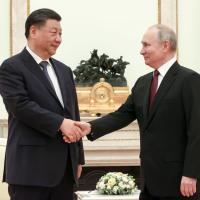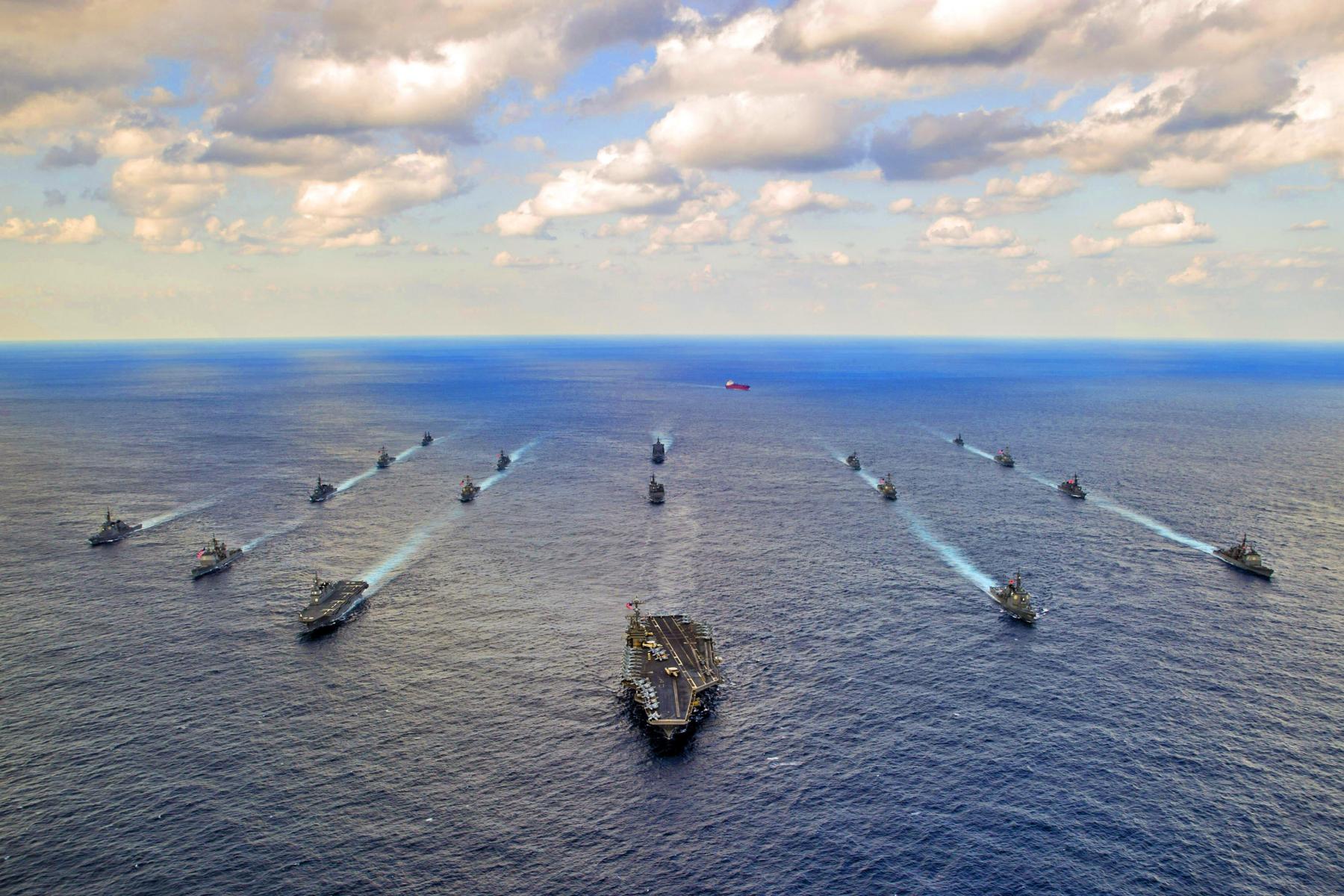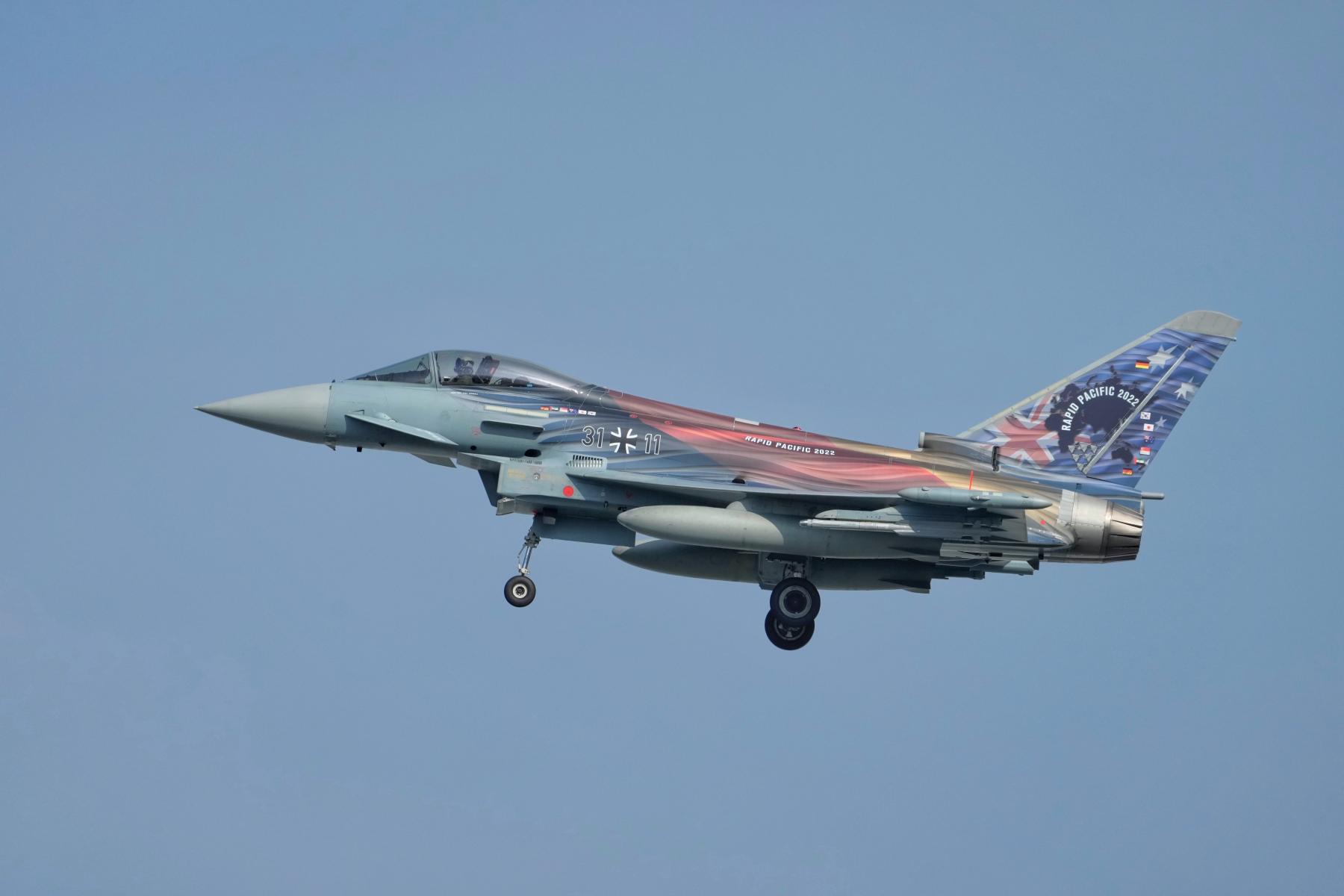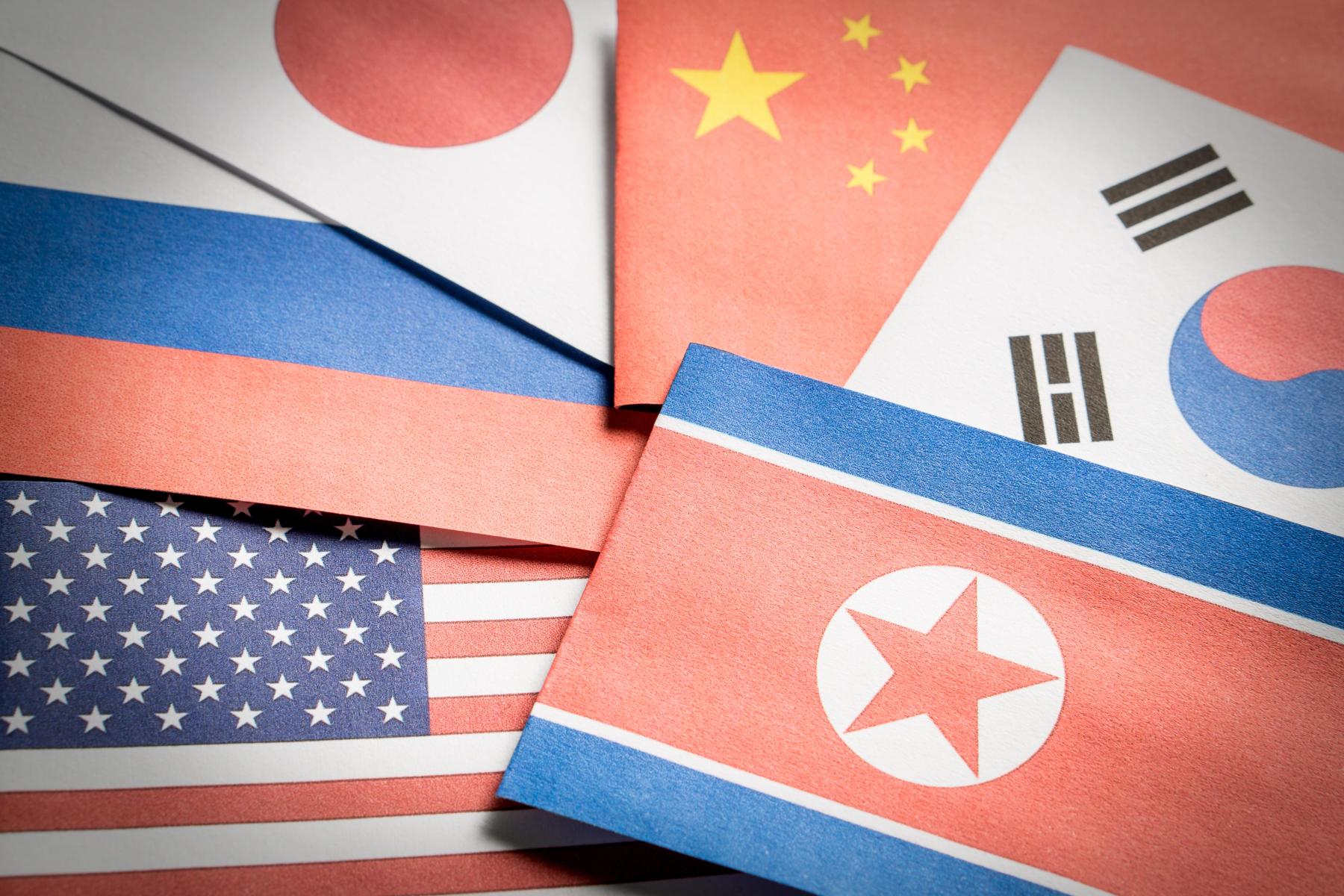What are Indo-Pacific powers learning from the war in Ukraine?
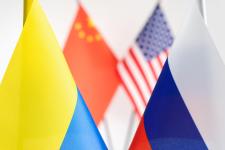
On the one hand, it has challenged notions of Western decline, as the United States and many of its allies have maintained a united and effective front in support of aid for Ukraine and sanctions against Russia. Equally, any myths about the effectiveness of the Russian warfighting machine have been roundly dispelled based on the battlefield record in Ukraine.
Together, the world’s middle powers – Japan, India, Germany, Australia, Canada, and others – can have a decisive impact on global affairs.
This series of comments from six leading experts explores middle power collaboration in the Indo-Pacific. In response to Russia’s invasion of Ukraine and US-China strategic rivalry, what can middle powers achieve in the pivotal region?
On the other hand, the war has confirmed what scholars and analysts have long known about economic interdependence: using economic tools as weapons, especially when the target state has economic clout, can be extremely difficult. Western sanctions have made Russia an even more attractive economic partner to major Asian powers such as China and India. Even US allies in Europe and East Asia have found it difficult to curtail commerce with Russia.
How are these lessons shaping the strategies of states in the Indo-Pacific? Russia’s invasion of Ukraine suggests four changes unfolding in the region’s geopolitical landscape. Although these changes are complex and still tentative, states in the region have begun adjusting their policies to face new uncertainties.
Overstretching America
First, even though the US recognizes China as its principal competitor, Russia will remain a major preoccupation in Washington. Although there is no theoretical reason why the US cannot simultaneously focus on two adversaries, in a world of fixed resources, Europe’s urgency will affect US commitments—perceived or real—in Asia. This possibility may limit Washington’s ability to deter a more assertive China in the Indo-Pacific, creating insecurity for a wide swathe of countries.
These countries’ concerns are compounded by worries about American unreliability stemming from domestic politics in the US. A future president like Donald Trump, if not Trump himself, may once again demand that allies do more to pay for regional security and may sow doubts about whether the US would aid its allies in crises with China.
Emboldening China
Second, Russia’s increasingly precarious position has made it dependent on China. Beijing has not only expanded economic ties with Moscow but also provided diplomatic cover for Russia in key multilateral forums. A weakened Russia subordinated to China creates further grounds for worrying about an emboldened China.
The ‘no limits partnership’ between China and Russia will, however, have its limits. Beijing has already signaled its unease over the continuation of a dangerous and expensive war. Moreover, a declining power with a large nuclear arsenal such as Russia that nurses grievances over lost empire and status will not be a pliant junior partner. China’s influence over Russia will be neither comprehensive nor easily maintained.

Declining Russia
Third, Russia has taken itself off the table as a reliable economic and military partner. No matter the outcome of the war, states that have relied on Russia for economic and military cooperation will find both difficult to obtain for a long while. The risk of Russia continuing to lash out at neighbouring countries also makes it an unattractive long-term strategic partner. Indeed, India, one of Russia’s largest arms buyers, has been steadily diversifying away from Russia for a decade now, largely due to the unpredictability of supplies.
Russia’s decline as a center of power in Asia is likely to increase tensions surrounding US-China competition in the Indo-Pacific. As options for economic and military partnership narrow for various states in the region, they will face increasing costs for not choosing sides in a world where they had hoped that multiple centers of power in Asia would keep a check on US-China rivalry. On arms imports, for example, countries such as Laos and Myanmar that have relied heavily on Russia and China will have to depend more on China; whereas India and Vietnam, reliant on Russia and threatened by Beijing, will be compelled to turn to the West.
Changing political economy
Fourth, and finally, Western unity in the face of fundamental challenges to the rules-based international order is likely to give potential challengers to that order some pause. China’s economic clout had until recently created the impression that economic interdependence would make China an unavoidable partner to even the staunchest US allies. However, due to China’s erstwhile strict COVID-19 policies and increasing US-China tensions, many firms have begun diversifying their production lines toward other countries such as Vietnam, Malaysia, and India.
With China’s economic gravity weakening somewhat and given the West’s ability to coordinate strategy over Ukraine, Beijing may be deterred from taking Taiwan by force. At the same time, the logic of economic interdependence dictates that full-spectrum sanctions against China—a considerably larger and more central global economy than Russia—would be much harder to implement and sustain. If China seeks to annex Taiwan, these trends will extend Beijing’s timeline as it builds domestic resilience to sanctions and seeks to politically divide the West.
Responses of Indo-Pacific powers
Complexities and caveats notwithstanding, the net effect of the above four changes is fewer restraints on China’s regional ambitions and, relatedly, fewer restraints on US-China competition. Indo-Pacific powers are adjusting their grand strategies to account for these changes. US allies are investing more in their alliances, states seeking to avoid great power competition are clinging to multilateralism, and states seeking to enhance their power and influence are using the war as an opportunity.
The committed: Japan, Korea, Australia
US allies such as Japan, Korea, and Australia are doubling down on their respective alliances with the US, but not in a way that calls on Washington to do more. Rather, these states are stepping up their own efforts to mitigate the risks of a more assertive China and a more unreliable United States. Japan is accelerating its gradual shift towards becoming a ‘normal nation’ with a less defensive military posture and fewer restraints on the use of force abroad. Remarkably, Japan is also reconfiguring its security policy to aid Taiwan in a future crisis.
Korea has, for the first time, announced an Indo-Pacific strategy that echoes the US position on the need to safeguard the rules-based order in the region. Australia, in addition to steadily increasing defense spending, has committed to developing its own hi-tech deterrent capabilities through the AUKUS alliance with the UK and US. In sum, US allies are increasingly clear that they are casting their lot with the US, despite the economic logic of cooperation with China. Although unlikely to directly engage China in a military conflict, these countries are gearing up to play vital logistical and diplomatic roles in a future US-China conflict.
The uncommitted: ASEAN
States that have generally sought to avoid picking sides in the US-China competition are doubling down on multilateralism and peaceful conflict resolution in the face of increased tensions in the Indo-Pacific. Chief among these are the ASEAN states. While there are certainly divisions among them, by and large ASEAN as a bloc has historically prioritized institutionalized cooperation that draws all major powers into Southeast Asia and gives them a stake in regional peace and prosperity.
The convening of the G20 summit in Bali in November 2022 under Indonesia’s presidency, where representatives from Russia, Ukraine, the US, China, and India all had a presence, was emblematic of this approach. Indeed, Indonesia has used the G20 process to keep the focus on global public goods issues such as health and climate alongside the war in Ukraine. Although individual ASEAN states have complex relationships with the great powers—for example, Vietnam, which typically aligns with the US against China, has not voted even once against Russia in several resolutions in the United Nations General Assembly—they broadly share the objective of preventing great power rivalry from destabilizing their region.
The opportunists: China and India
Major powers seeking to grow their own influence and status are using the disruption of war to pursue their great power ambitions. In the Indo-Pacific, this includes India and China, both of whom since the end of the Cold War have frequently joined Russia in articulating the need for a multipolar world order. Both countries have maintained their distance from the Western effort to sanction and isolate Russia; both have augmented their commercial relationships with Russia in the aftermath of the invasion; and both maintain channels of communication with Vladimir Putin to secure their own interests (such as limiting their exposure to the war’s economic fallout).
Neither China nor India has sought to defend the international order per se, largely because they do not enjoy the status of being equal partners of the US and its allies in the order. Both countries have pointed variously to the core institutions of the order such as the UN Security Council, the International Monetary Fund, the World Bank, and the nuclear non-proliferation treaty (NPT) as being discriminatory and unequal. They are also wary of being subjected to Western double standards on issues such as human rights, democracy, climate change, free trade, sovereignty, and territorial integrity.
Russia’s invasion of Ukraine thus becomes an opportunity for China and India to further their own interests while preserving their status as important powers whose support both the West and Russia may need at vital junctures. India for its part is also locked in a border standoff with China and has therefore invested significantly in partnerships with the US and its allies as a way of developing the hard power capabilities and diplomatic relationships necessary to safeguard its territory and autonomy.
Overall, Russia’s invasion of Ukraine is likely to make regional order more difficult to manage in the Indo-Pacific. Even if the war were to end in a peaceful settlement, Russian decline and ressentiment will continue to factor in regional calculations. Multilateralism and economic interdependence may prevent countries from taking extreme actions. However, the overall geopolitics of the region will be increasingly polarized and contested.

